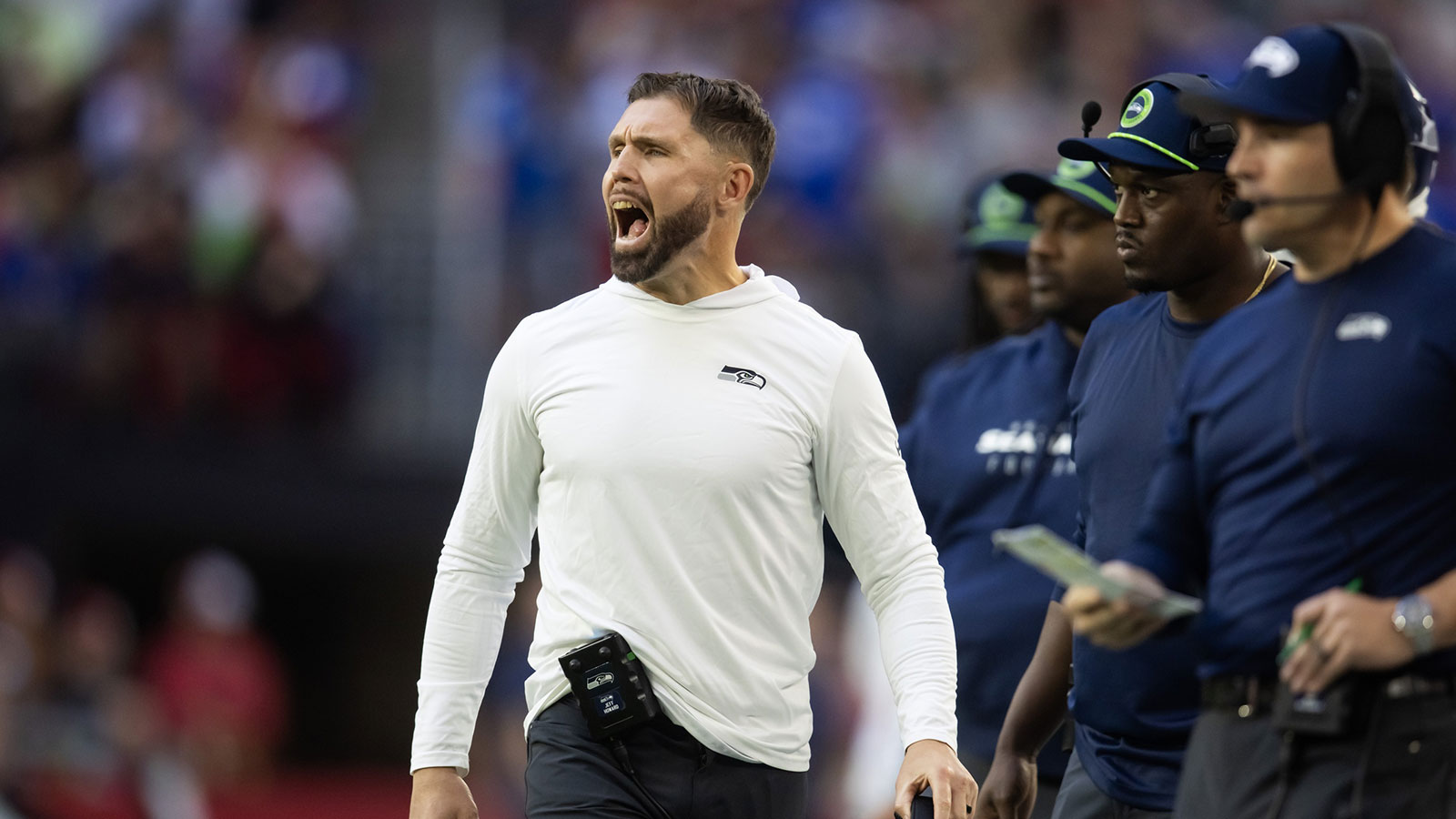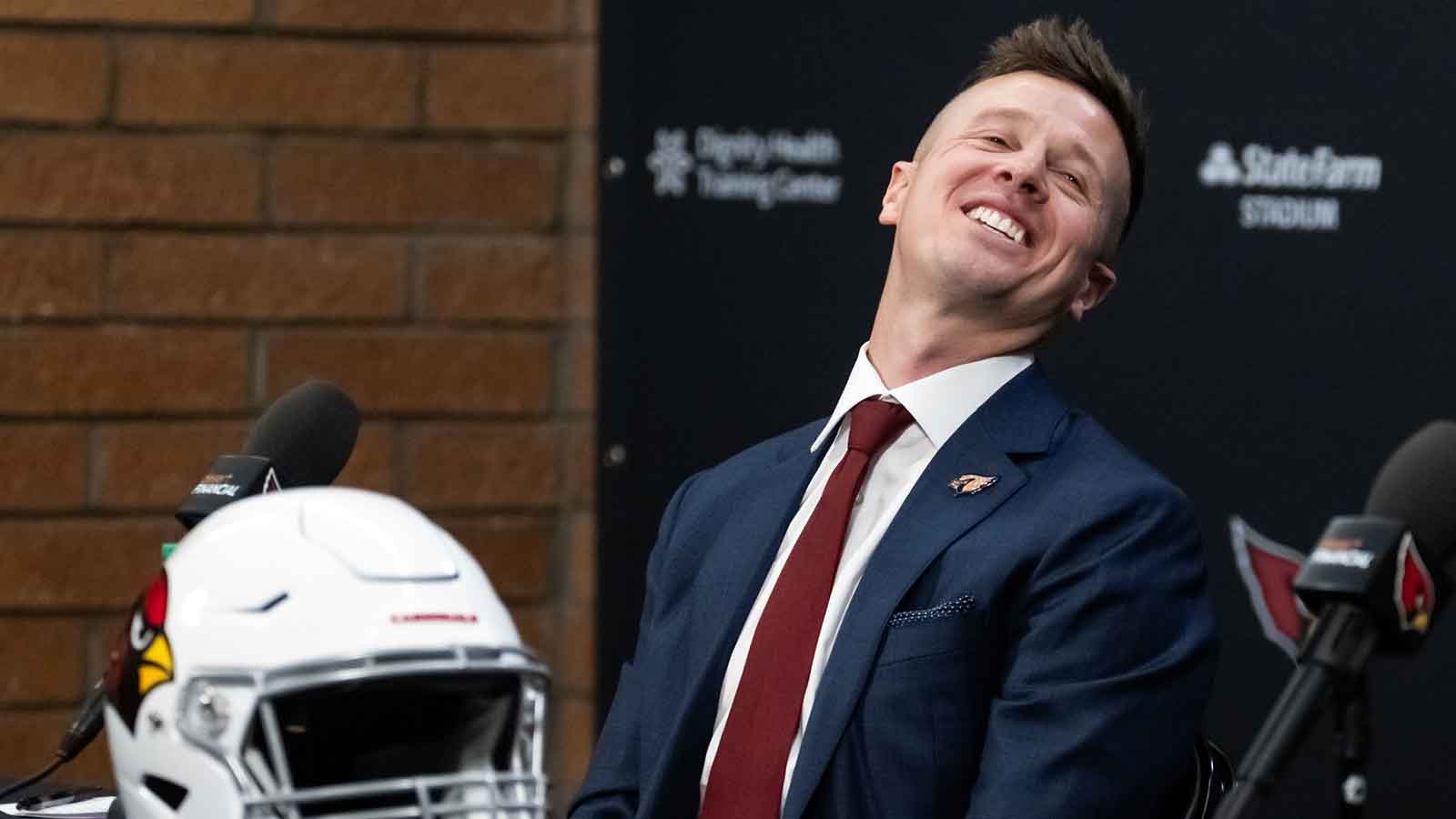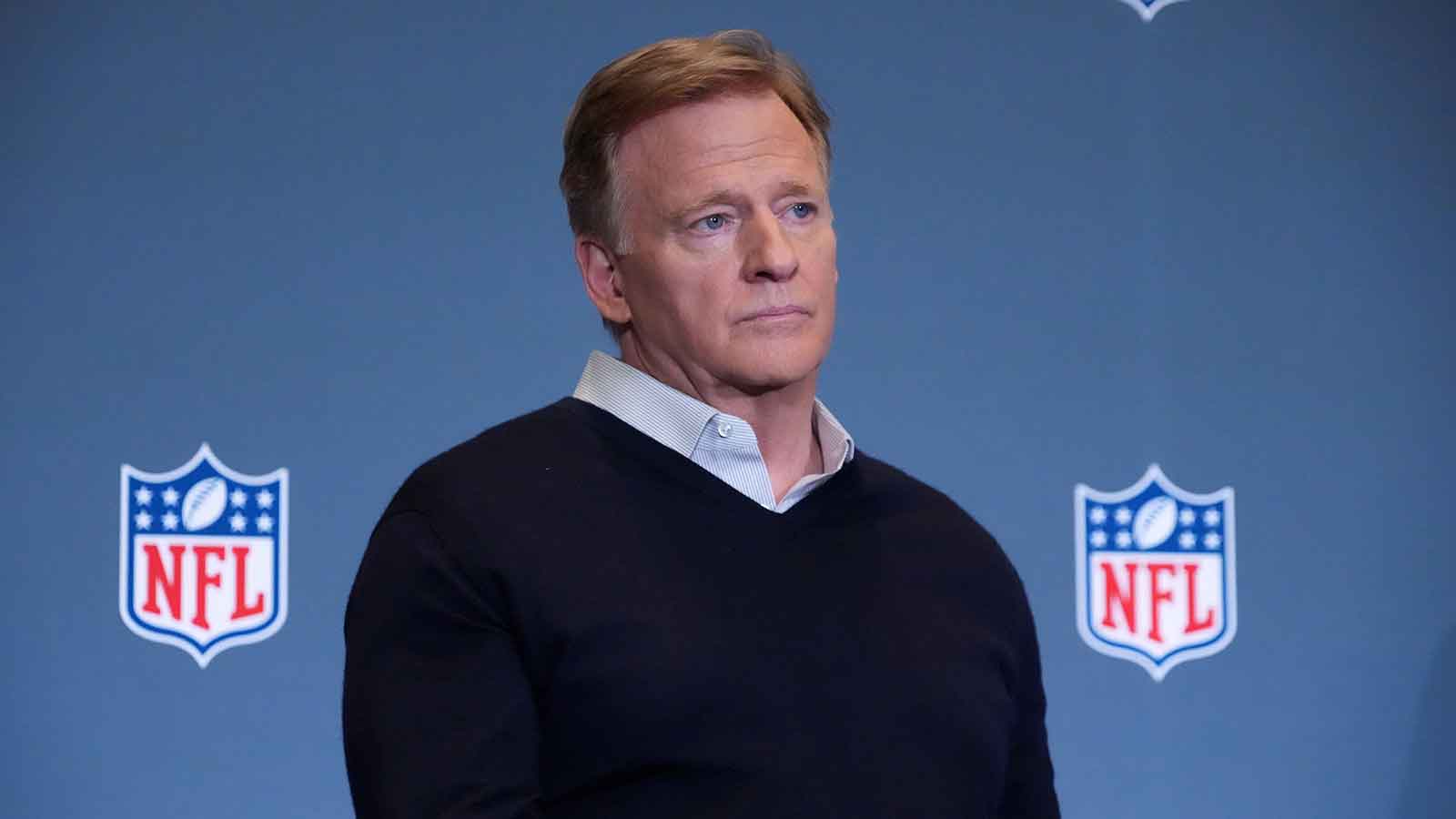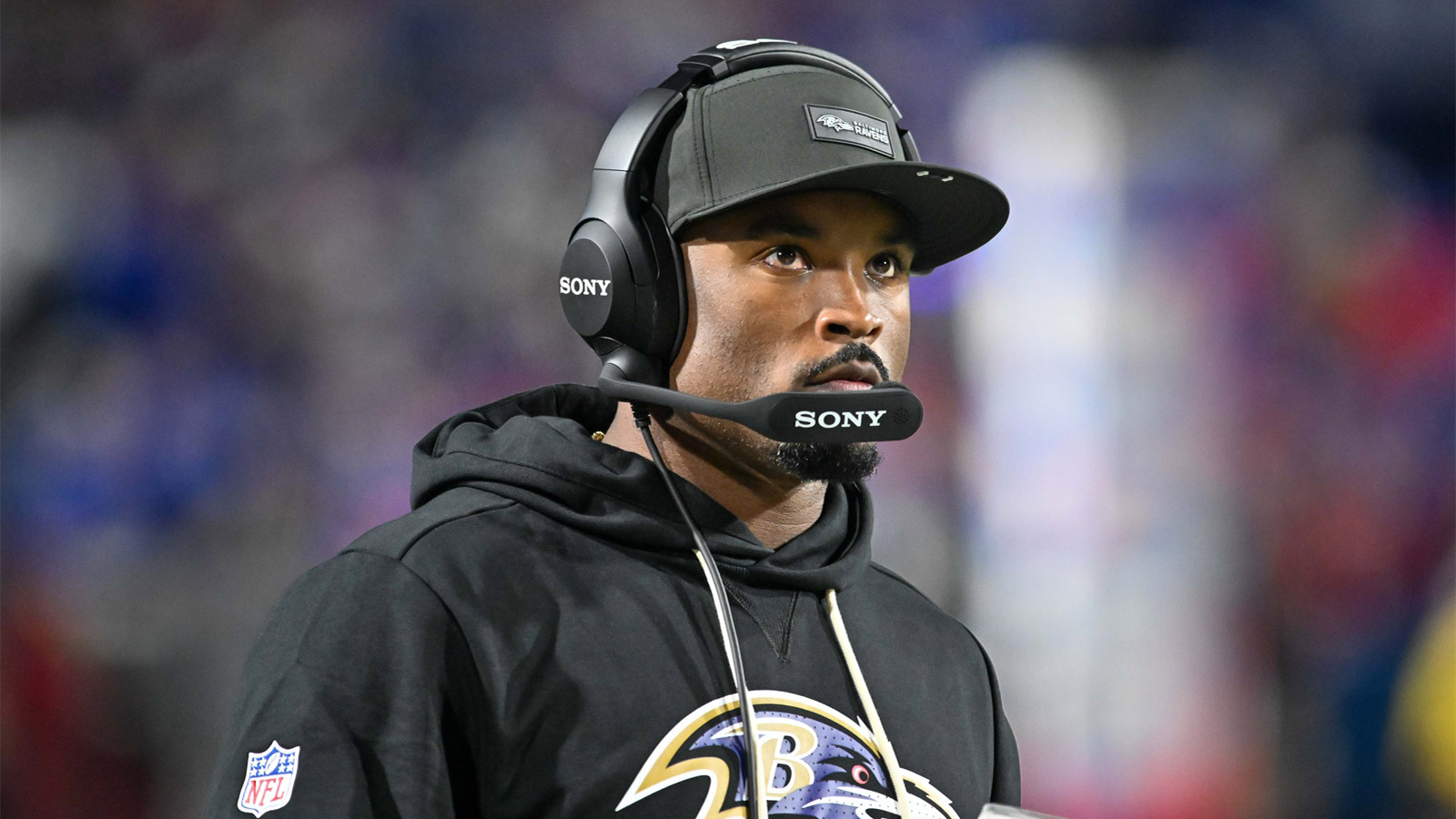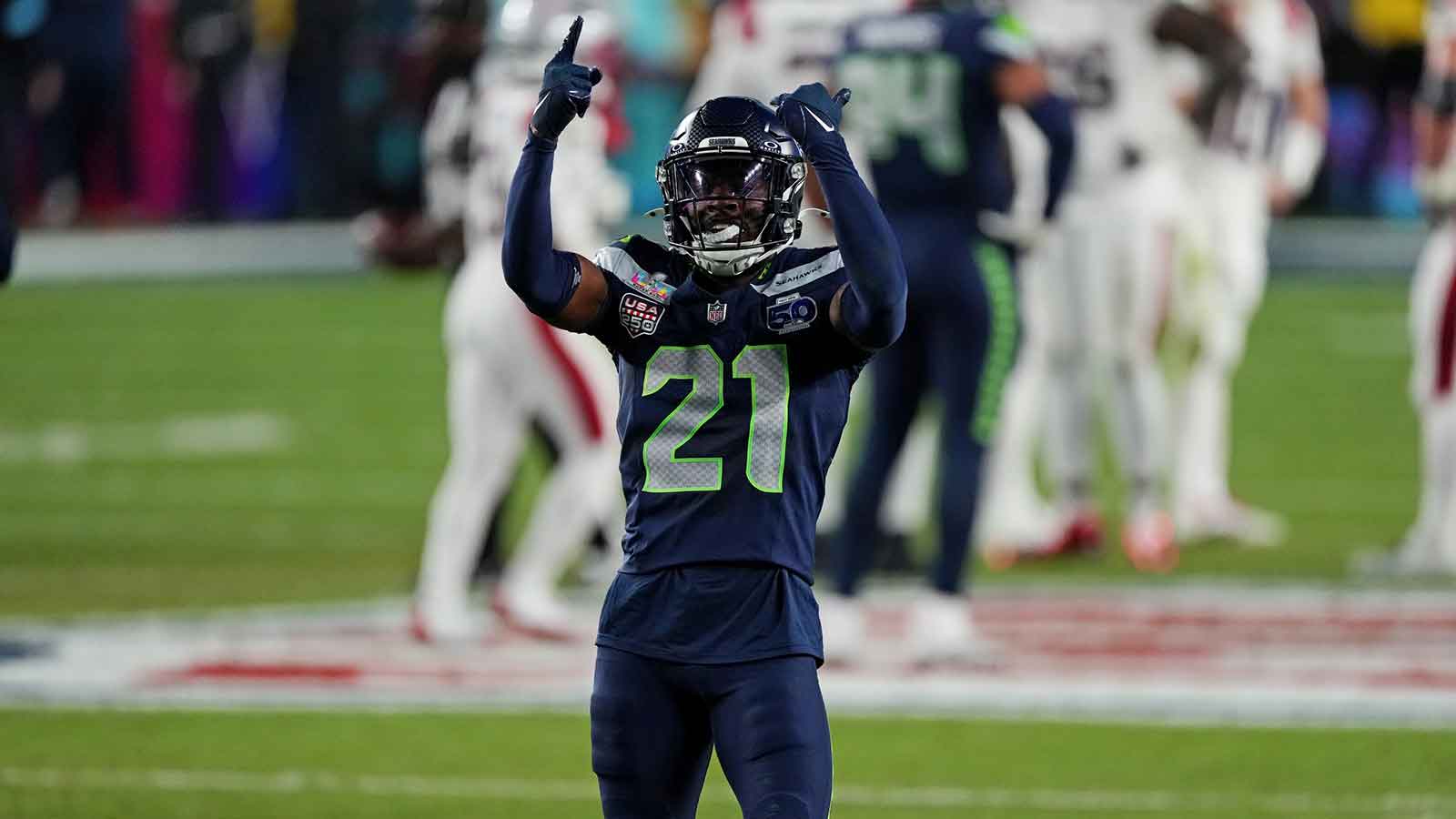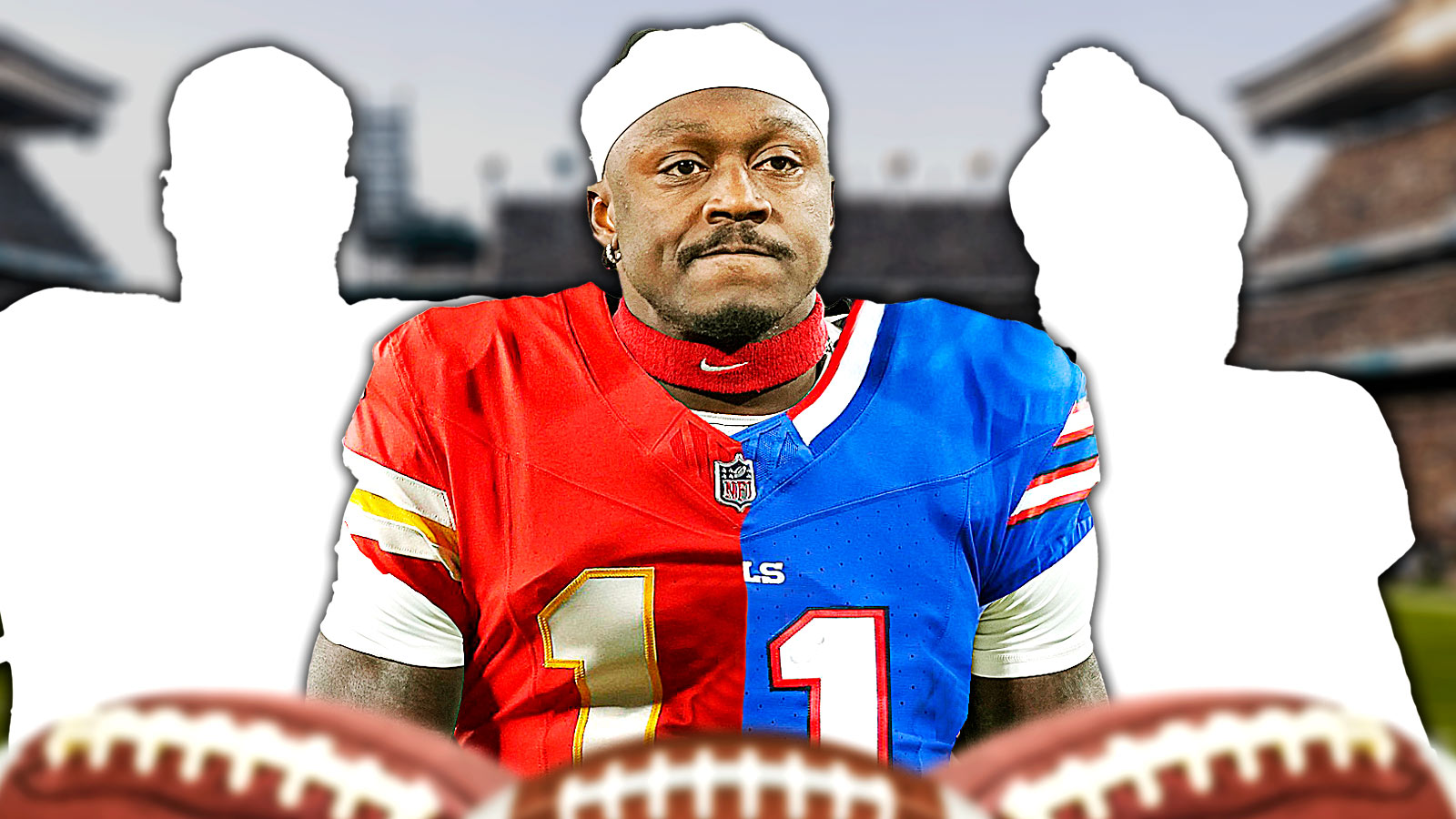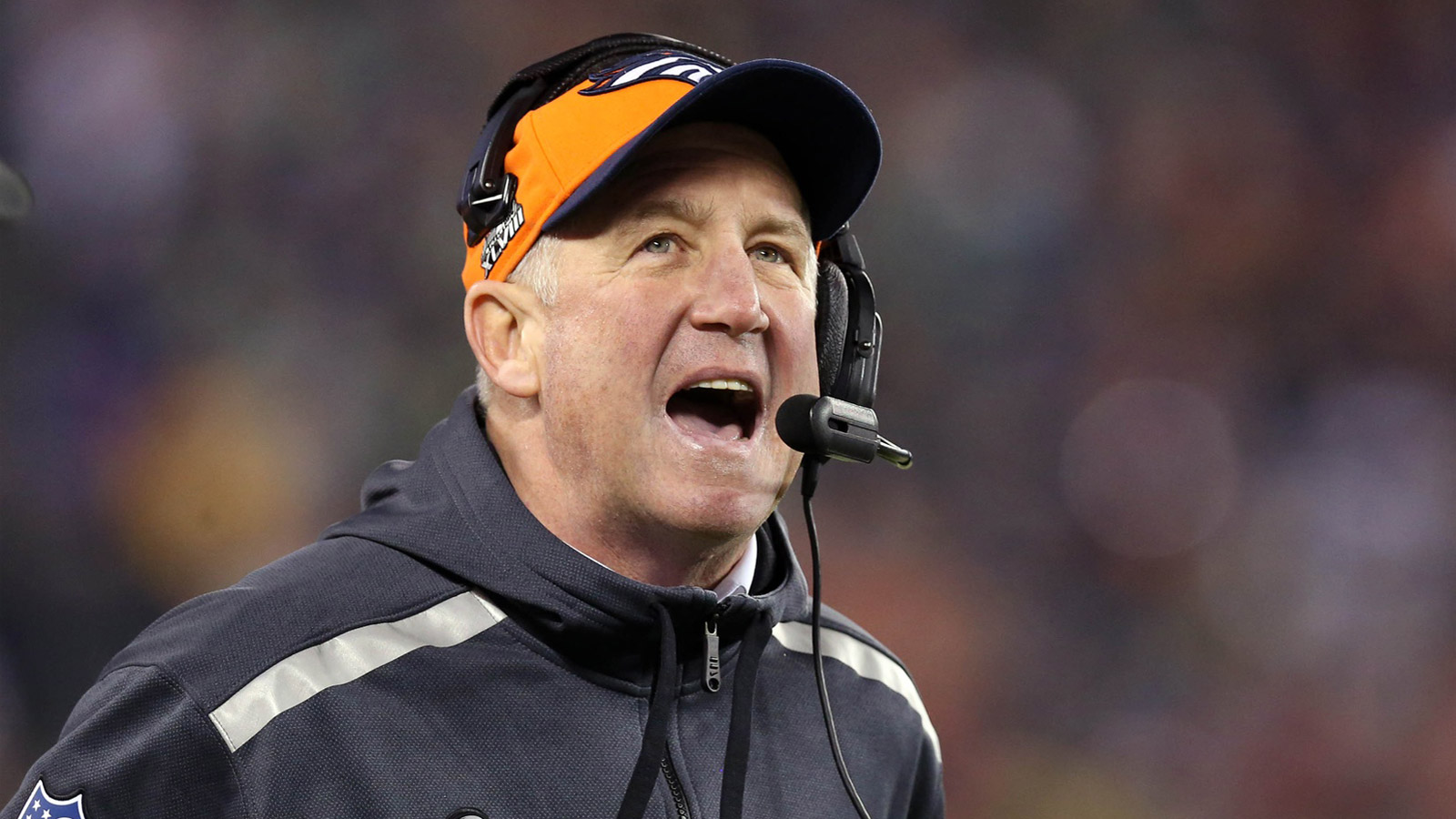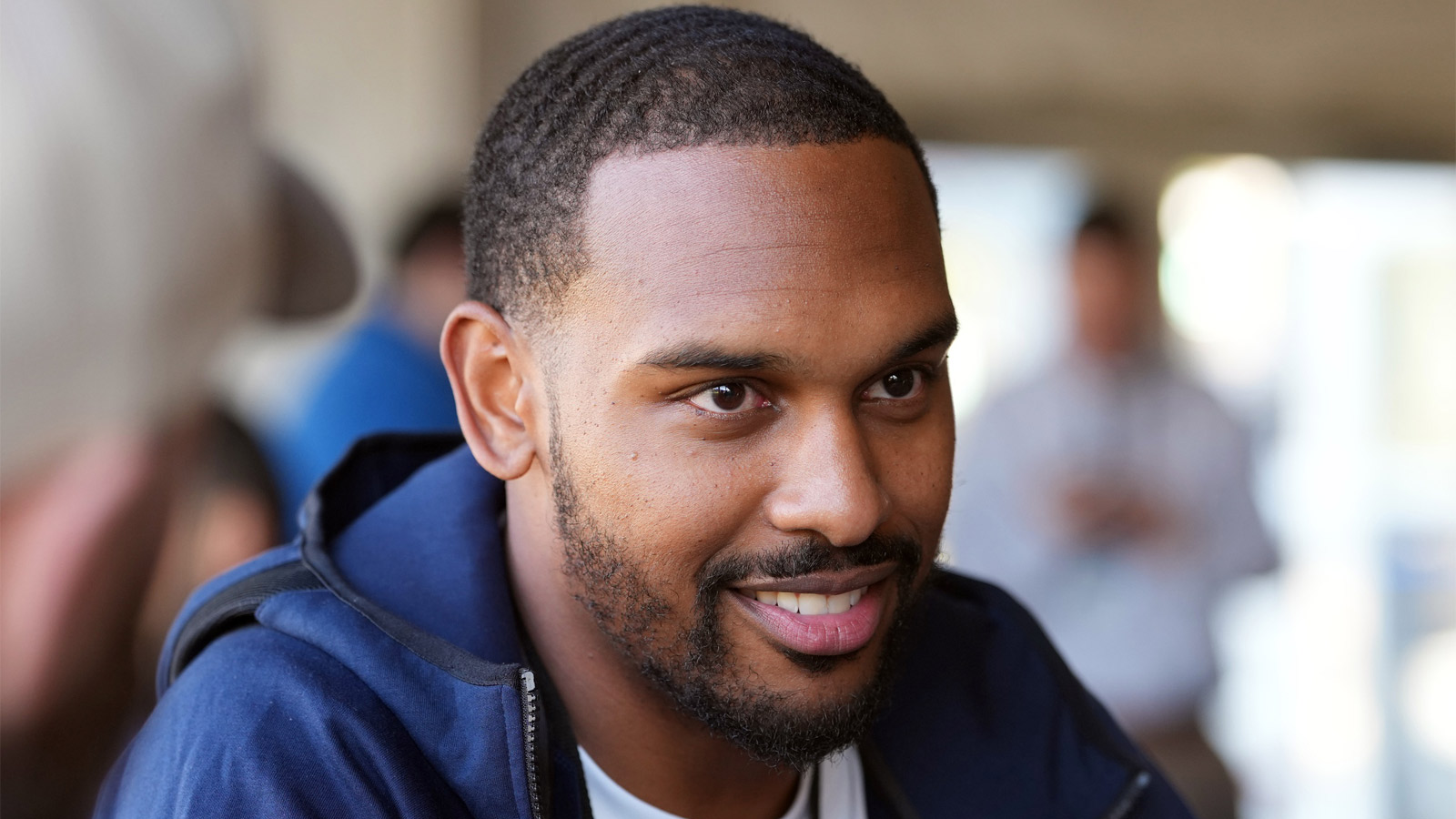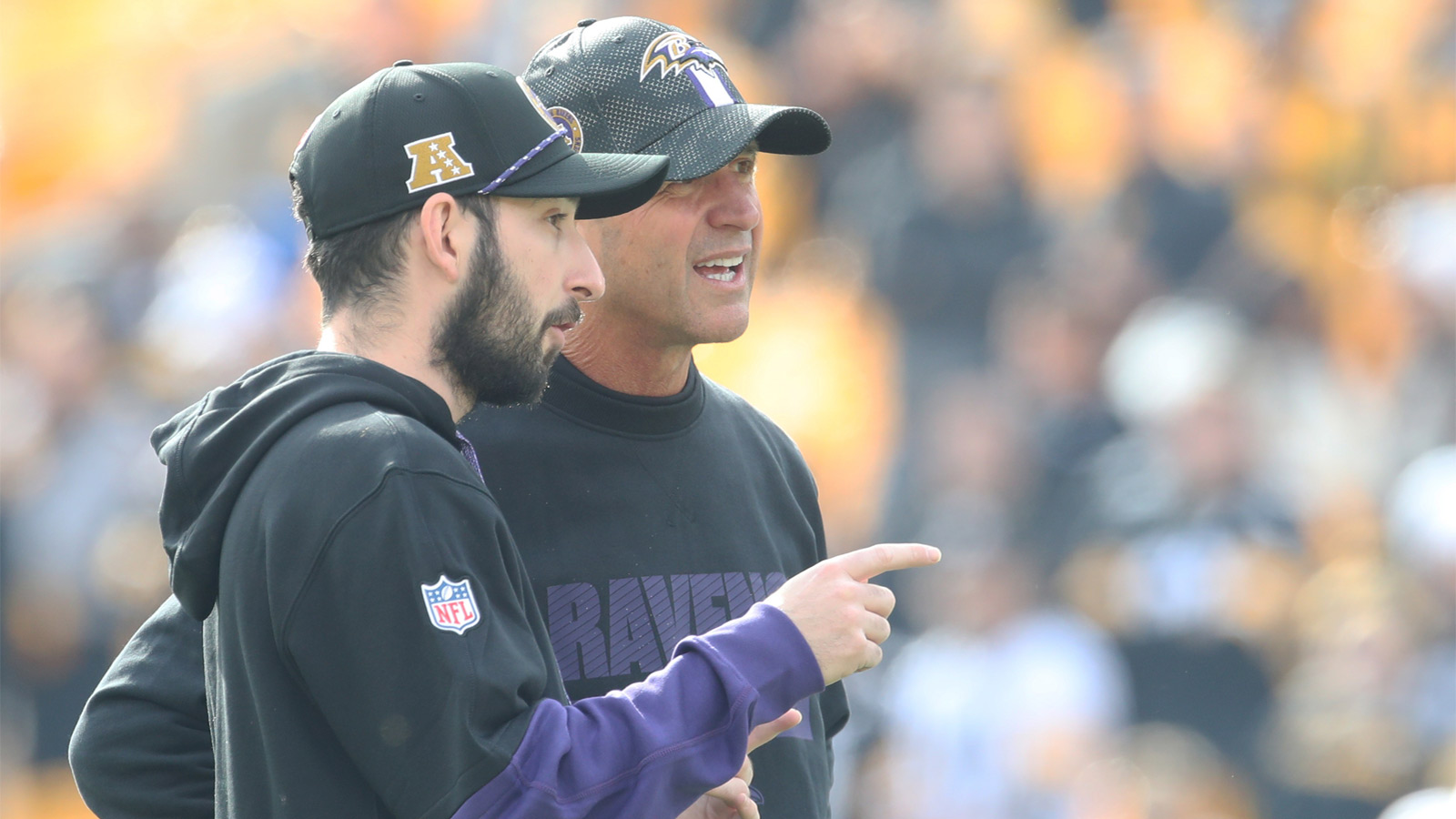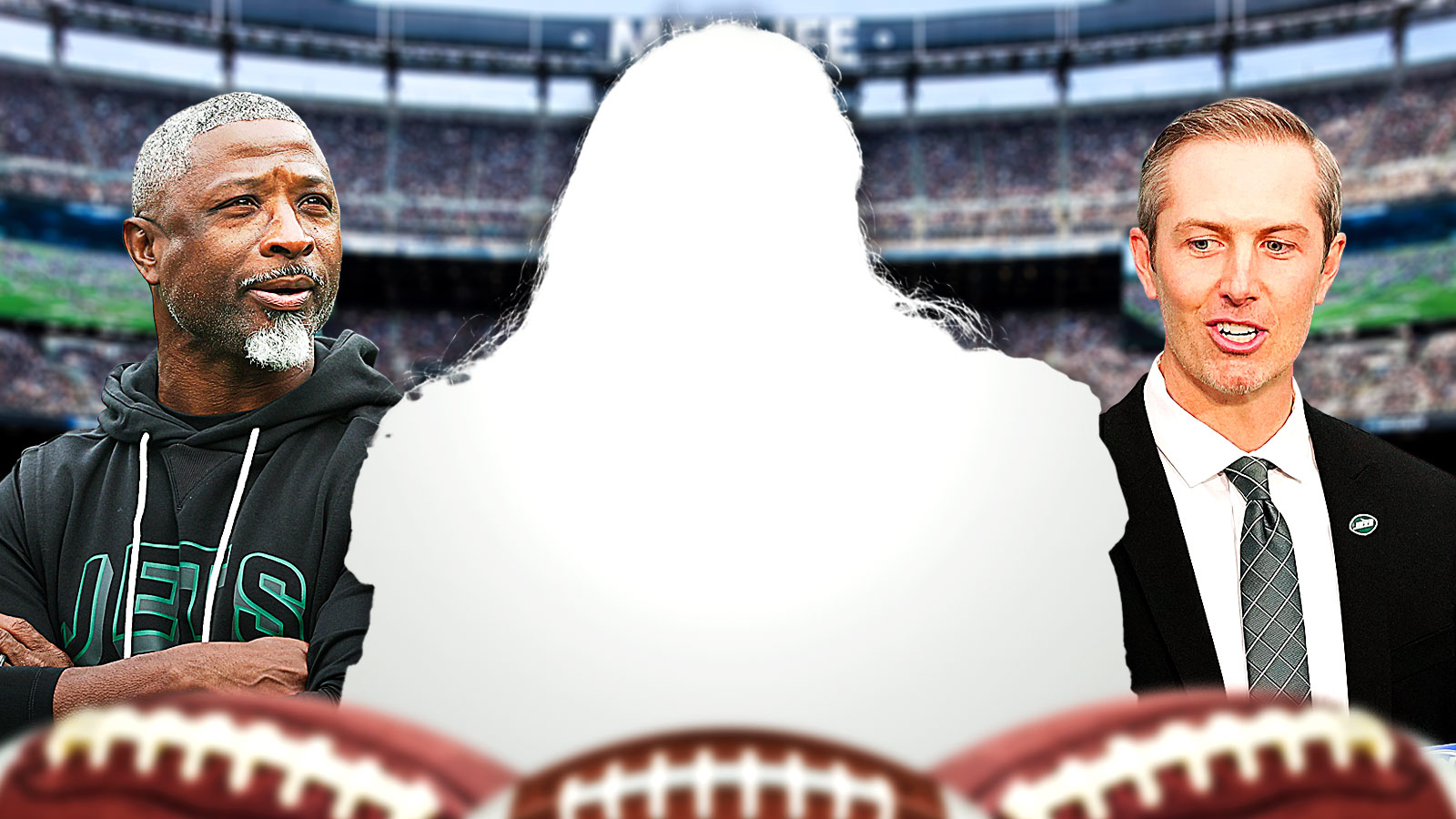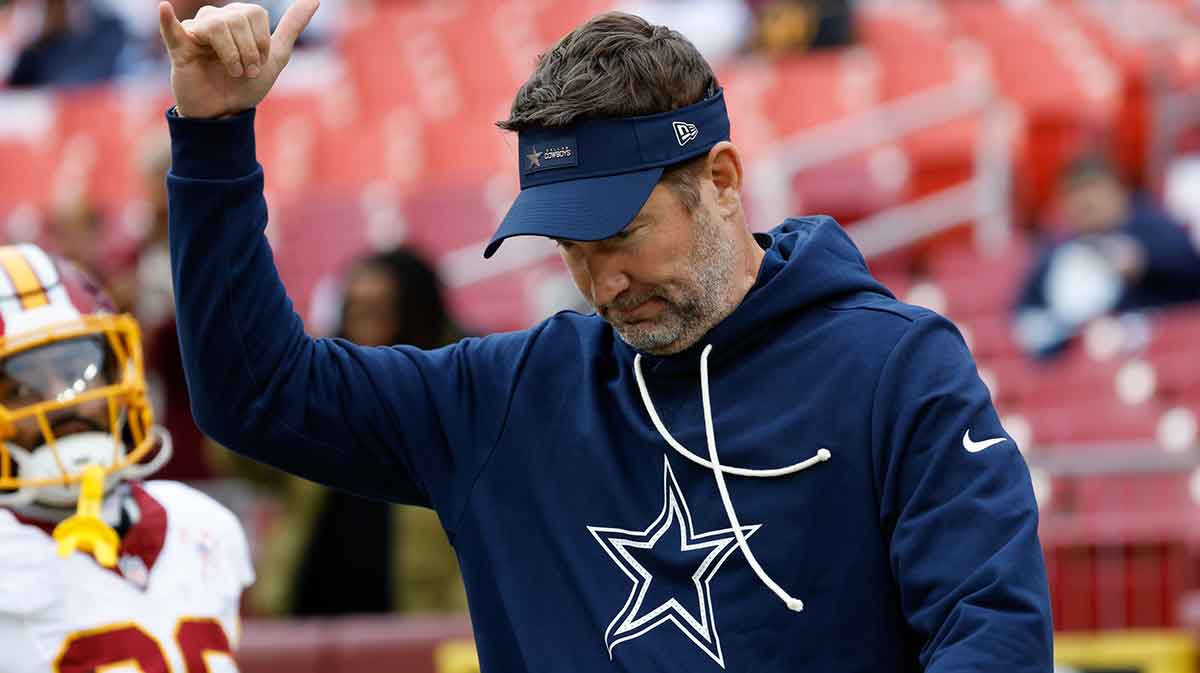In the days that have followed the New England Patriots falling short in Super Bowl LII against the Philadelphia Eagles, there has been plenty of criticism directed toward head coach Bill Belichick for his decision to bench cornerback Malcolm Butler.
A clear reason for the move hasn't been given, but several possibilities have been provided, including Butler performing poorly in the practices leading up to the Super Bowl. However, this doesn't appear to be the case, as a couple of his teammates didn't see anything from Butler in practice to warrant his benching, according to Josina Anderson of ESPN.
Btw, I spoke to 2 #Pats players who told me they didn't see Malcolm Butler struggling in practice to the point it would warrant benching Butler on defense the whole Super Bowl, in their minds. There was nothing they could recall that stood out to either of them that bad at all.
— JosinaAnderson (@JosinaAnderson) February 7, 2018
This further clouded what exactly led to Belichick benching Butler for the biggest game of the season. Butler has already come out and said that he didn't break curfew or violate any rules that would lead to a punishment levied by the team, making this all the more puzzling.
Butler has already received support from several Patriots teammates, as well as former players such as Rob Ninovich, who criticized Belichick for sitting out one of his best defensive players. Many elements of this entire ordeal don't make much sense, including the fact that Butler was only informed of the decision hours before the game. Meanwhile, cornerback Eric Rowe found out he was starting the Super Bowl around the same time.
Butler's impact for New England's secondary is well-known, and his presence certainly would've helped limit the effectiveness the Eagles had passing the ball. Nick Foles torched the Patriots' defense, throwing for 373 yards and three touchdowns while the team surpassed 500 yards of total offense.
It may just be a matter of time before the real reason Belichick benched Butler emerges, if there is a concrete one.








